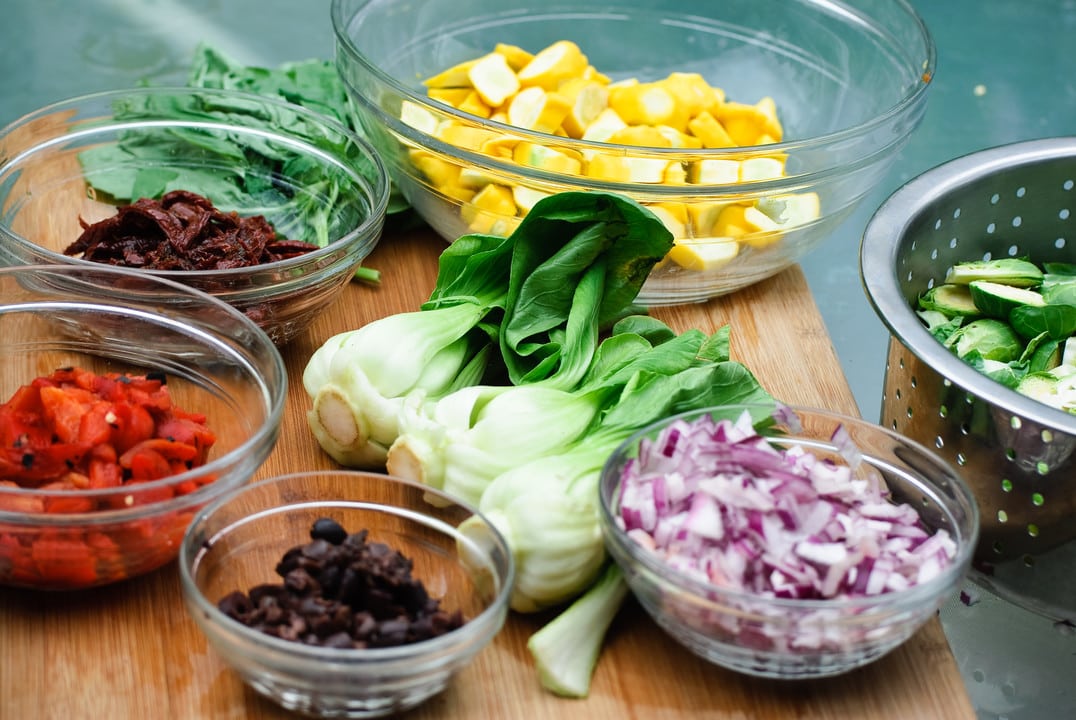We know that it’s healthier to eat at home instead of eating out or ordering in, but cooking every day is usually easier said than done! According to the National Poll on Healthy Aging, almost half of older adults (47%) said that they or someone in their household cooked “frequently” (6-7 days) in the previous week. The same report found that cooking at home was more common for adults between the ages of 65 and 80 than it was for adults age 50 and 64. Additionally, survey respondents who identified as White or multi-race were more likely to have cooked dinner at home more often than respondents who identified as Black.
Why do some older adults struggle with cooking?
- The time commitment (28%)
- They find cooking difficult (14%)
- Cooking is too expensive (9%)
- Poor physical or mental health
- Adults who report struggling with cooking are more often to have poor physical or mental health.
Why is this important?
- Older adults were more likely to describe their diet as “excellent” or “very good” if they cooked meals at home 6-7 days a week.
- Older adults who were more likely to describe their diet as “fair” or “poor” if they cooked meals two days or less per week.
- Older adults who rarely ate alone were more likely to describe their diet as “excellent” or “very good.”
- Older adults who often or regularly ate alone were less likely to describe their diet as “excellent” or “very good.”
We know that isolation is a big issue for older adults. This research shows that isolation can negatively affect many different aspects of an individual’s life.
Where to find cooking classes near you (free of cost unless otherwise stated):
- Community Education (via your local school system)
- Libraries
- Recreation and Education Departments
- Senior Centers
- Area Agency on Aging 1-B: Diabetes PATH
- Growing Hope Adult Nutrition Education Program
- Aimed at individuals receiving SNAP
- Workshops include nutrition information, a healthy cooking demonstration, and sampling around a featured topic and recipe.
- People’s Food Co-Op (Ann Arbor)
- MSU Extension: Washtenaw County
- St. Joseph Mercy
- Periodically offers a four-week virtual research course that allows youth to explore cooking and nutrition, creating plant-based meals from scratch alongside St. Joseph physicians.
- Washtenaw Community College (offers Emeritus scholarship for residents age 65+)
- Must pay fees associated with classes.
Visit the Ahead of the Curve Resource Directory to find food assistance programs near you.






